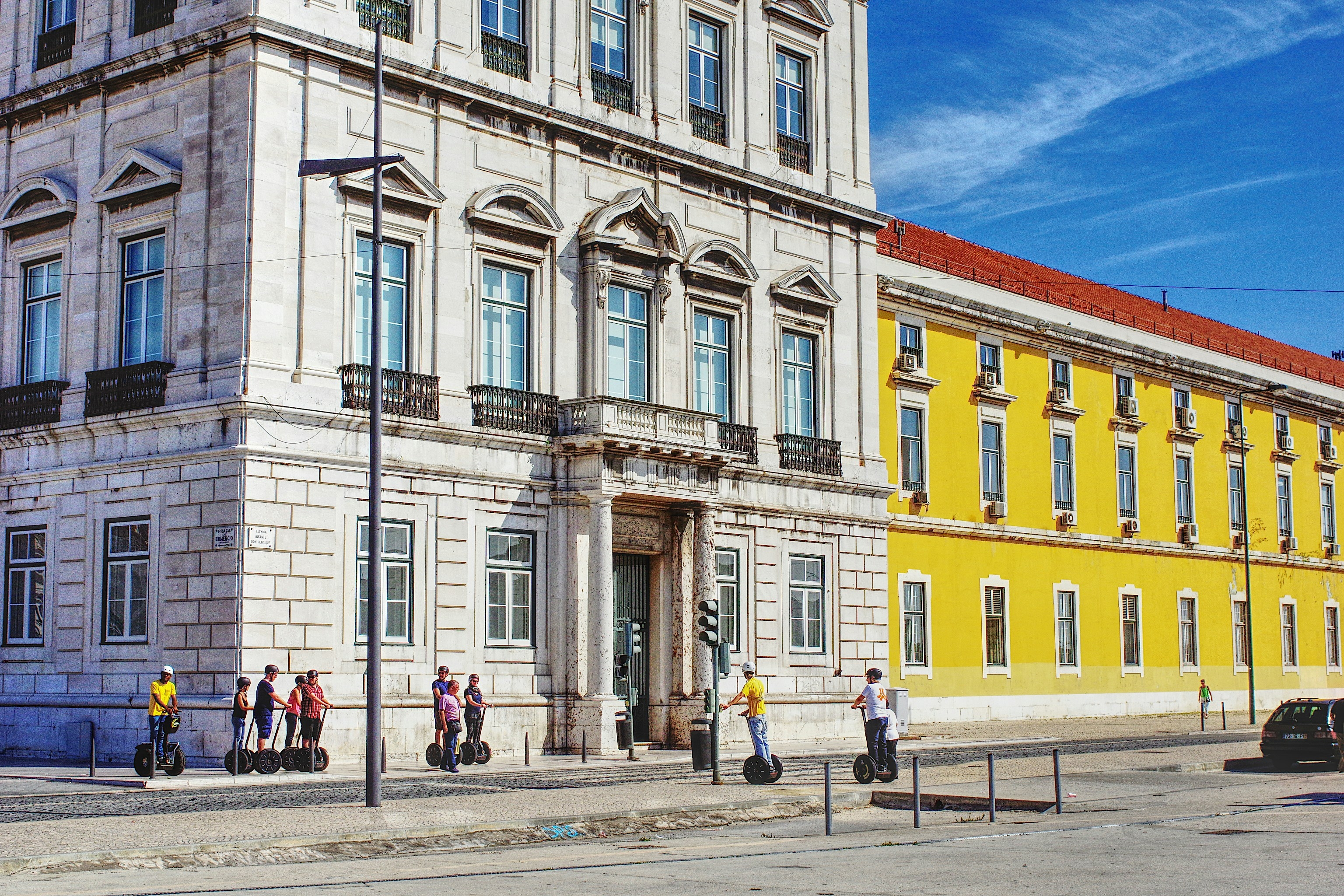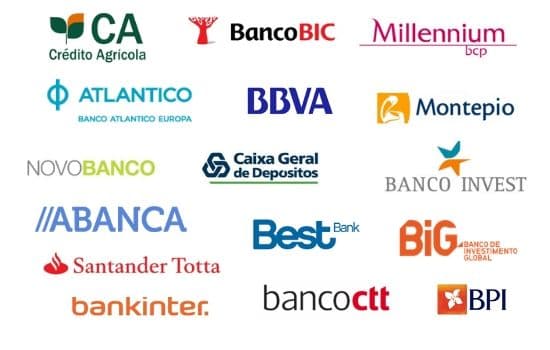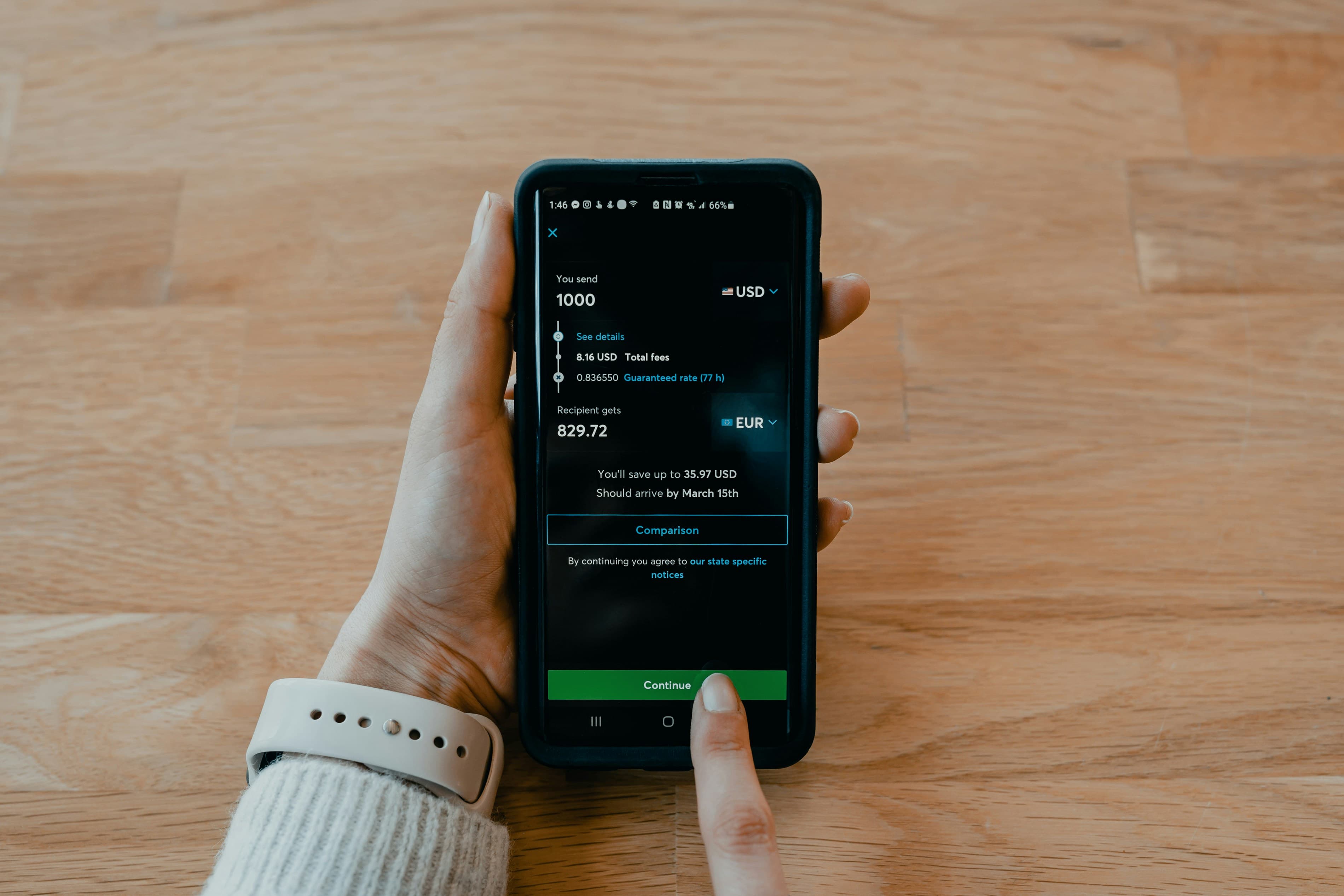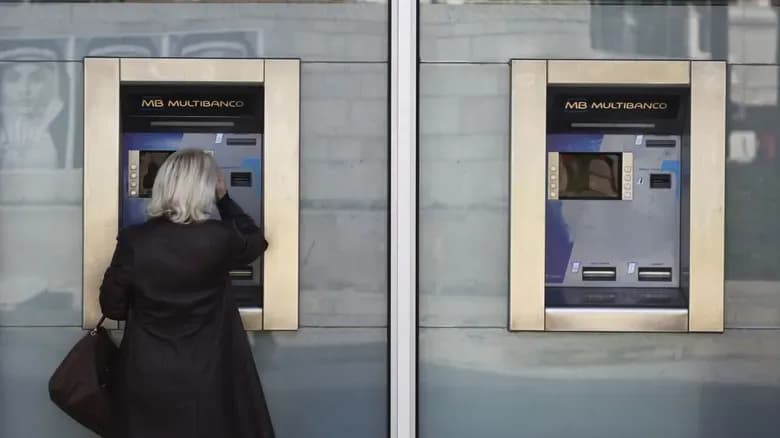
You’ve decided to settle under the Portuguese sun, coffee in hand and maybe a pastel de nata for dessert ? Excellent choice. But before you fully relax, there’s one essential step : opening a local bank account. Because yes, even in Portugal, things “run smoother” when you’ve got a Portuguese IBAN. Here’s how to do it, without losing your mind, promise !
Why it’s useful ?
Having a bank account in Portugal means : you can receive a local salary, pay rent without sky-high fees, use the famous Multibanco network (that magical Portuguese system !) and avoid endless international transfers. In short : it helps you blend into local life more easily.
The basic requirements
Before heading to the bank or starting the process online, get your documents ready (requirements may vary slightly by bank, but here’s what’s usually needed) :
- A valid ID (passport or national ID card)
- Your Portuguese tax number : yes, that famous NIF (Número de Identificação Fiscal). Without it, good luck !
- Proof of address : recent utility bill, rental contract, or other official document.
- (Sometimes) proof of income or employment : payslip, work contract, or for retirees/pensioners, an official statement.
- A Portuguese phone number or at least one that can receive SMS : you’ll need it for activation.
- For some accounts : a minimum opening deposit (usually between €150 and €250 depending on the bank).

© nick-pampoukidis unsplash
Steps to open your account
1 - Choose your bank : the most popular and traditional ones include Millennium BCP, Novo Banco, Caixa Geral de Depósitos, and ActivoBank.
2 - Go to a branch or, with some banks, you can even start online (often with video verification).
3 - Provide your documents, fill out the forms, and make the initial deposit if required.
4 - Activate your account : get your debit card, online or mobile banking access, and your shiny new Portuguese IBAN.
5 - Check account maintenance fees and conditions (some “basic” accounts have very low monthly costs).
A few useful details
Resident or non-resident, good news ! It’s absolutely possible to open a bank account in Portugal even without a permanent residence. Most major banks offer so-called “non-resident” accounts, ideal for newcomers or those planning their move. The conditions can be a bit stricter though : higher initial deposits, extra paperwork, or limited international transfers. Nothing dramatic, just be prepared.
As for fees, nothing outrageous : most accounts charge a small monthly fee (typically between €3 and €7) to keep things running smoothly. Some banks also offer “youth” or “student” accounts that are nearly free, a great option if you qualify (and no, sadly, having a youthful spirit doesn’t count as proof !).
And since we mentioned Multibanco… this system is a true Portuguese gem. It’s not just for withdrawing cash : you can pay your electricity bills, taxes, top up your phone, or even buy metro tickets. Having a local account is basically like holding the magic key to everyday Portuguese life, no more transfer headaches or surprise fees.
One last tip : choose your branch wisely. In big cities like Lisbon or Porto, queues can get long (very long especially on pension payment days !). Try booking an appointment in advance or choose a bank known for its expat-friendly services. Some even have bilingual (or trilingual) advisors, a lifesaver when you’re trying to explain your situation without relying entirely on Google Translate !
A few tips to make things smoother
- Go early in the week, and avoid late afternoons.
- Ask “which account is best for an expat / non-resident” if that’s your case : it can save you a lot of hassle.
- Keep both digital and paper copies of your documents : better safe than sorry.
- Make sure the bank’s mobile app works in English (or your language) if your Portuguese is still in beginner mode.
- Once your account is open : activate your card, try a withdrawal, and double-check that your IBAN starts with PT (for Portugal).
No, opening a bank account in Portugal isn’t rocket science ! But it’s not automatic either… With a bit of preparation, some neatly organized papers, and a good dose of patience, you can go from “no Portuguese account” to “PT-IBAN in hand” faster than you think.
And after that ? Well, it’s you, your coffee, the sunshine… and your brand-new Portuguese IBAN.
Good luck ! And remember : one day you’ll look back and laugh, realizing that this little initial deposit was actually the first step in your sunny new life.
Share this article
Suggested articles

Payment Methods in Portugal Cards, MB Way, and Cash
Portugal attracts millions of visitors every year, as well as a growing population of expatriates from Europe, Africa, and the Americas. For newcomers, understanding how payment methods work in the country is essential for managing a budget, making everyday purchases, and avoiding unpleasant surprises.

Mortgage Loans in Portugal : Conditions and Rates
Portugal attracts numerous people every year (expatriates, investors, and future homeowners) drawn by its climate, quality of life, and property prices that are still relatively affordable compared to other European countries.

Money Transfers France ↔ Portugal: Best Solutions
More and more French citizens are living, working, or investing in Portugal. Whether expats, students, retirees, or entrepreneurs, money transfers between France and Portugal have become a daily reality. But with hidden fees, varying transfer times, and sometimes unfavorable exchange rates, choosing the right transfer method is essential.

Online Banks and Neobanks Operating in Portugal
Portugal, known for its hospitality and relaxed lifestyle, is also a country looking toward the future. In the financial sector, it is establishing itself as a European laboratory for digital banking services. With a young, connected, and tech-savvy population, online banks and neobanks have found an enthusiastic audience here.

Real Estate as an Investment in Portugal, Pitfalls and Opportunities
Investing in real estate in Portugal is a dream for many foreigners ! With sunshine throughout the year, a pleasant climate, and a high quality of life, everything seems to be in place for buying a house or an apartment in this small European country. However, behind this attractive image lies an essential reality : the Portuguese real estate market is not fully regulated. This creates both opportunities and potential pitfalls for investors. Understanding how the market functions and where the risks lie is key to making a successful investment.

Withdrawing Cash in Portugal Fees, Pitfalls and Tips to Avoid Surprises
When travelling to or living in Portugal, withdrawing cash may seem straightforward : you find an ATM, insert your card, and take your money. However, behind this simplicity, there can be hidden fees, poor practices, and choices of card or ATM that can significantly increase costs. This guide will help you understand how to withdraw money safely, minimise fees, and avoid unpleasant surprises.


